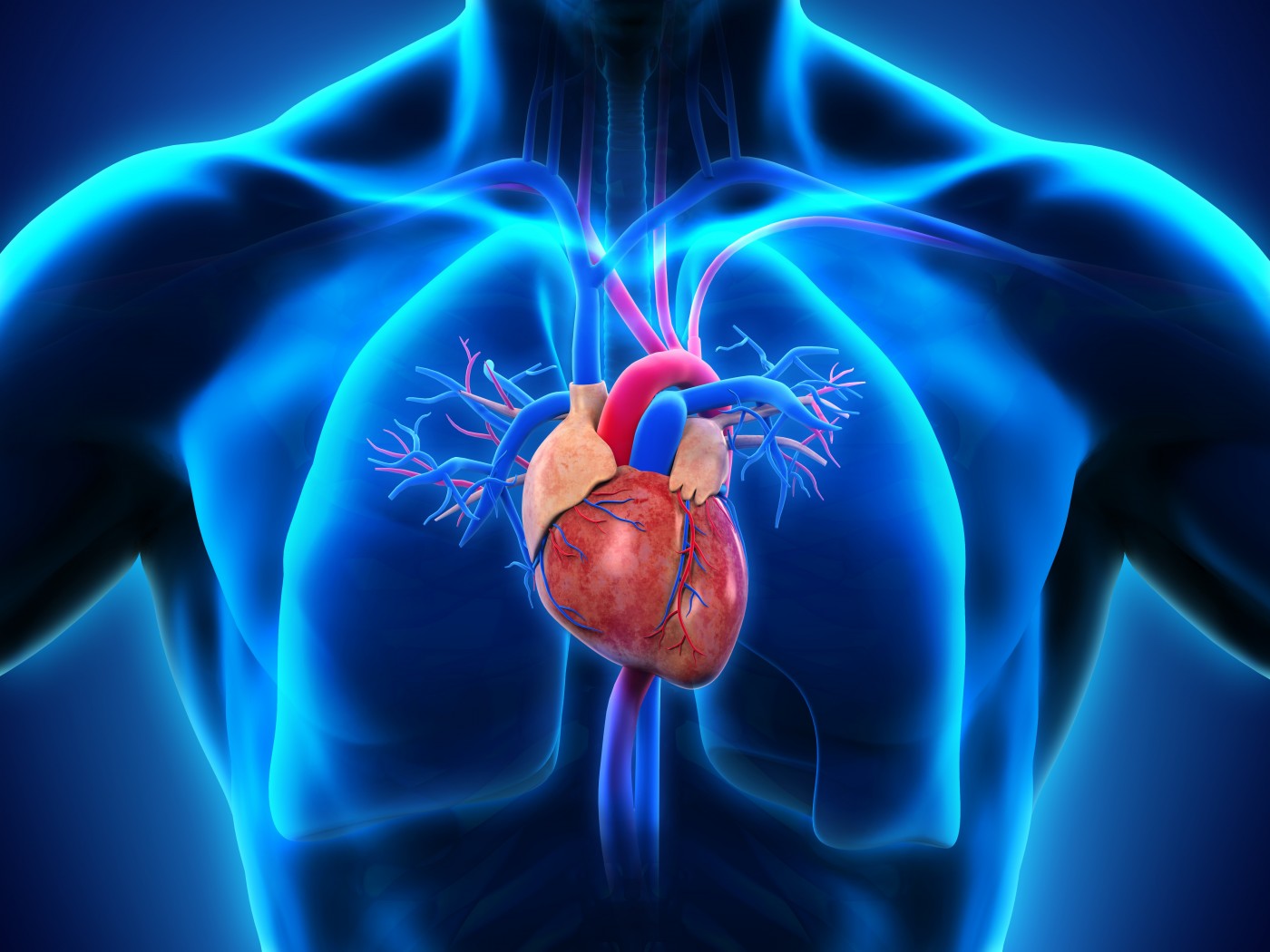Researcher Explores Ways To Inhibit Vascular Remodeling in Pulmonary Hypertension

On June 12, 2015 a PhD thesis entitled “Vascular remodeling in pulmonary hypertension” will be presented by Ya-Ting Chang at the Karolinska Institutet in Sweden. Chang’s research focuses on pulmonary hypertension, a life-threatening condition of multifactorial etiology, characterized by the increase of blood pressure in the pulmonary arteries that supply blood to the lungs, leading to excessive vascular remodeling, inflammation, increased pulmonary vascular resistance and gradual occlusion of pulmonary vessels. Pulmonary hypertension can cause difficulties in breathing, right-sided heart failure and eventually death. Overall, patients with this disorder have a poor prognosis.
Current therapies such as prostacyclin analogues, endothelin receptor antagonists and phosphodiesterase-5 inhibitors, are primarily based on a vasodilation effect, but they have a limited impact on vascular remodeling (the rearrangement of blood vessels through cell growth, cell death, cell migration and production or degradation of the extracellular matrix). Overall, patient survival has improved with these therapies; however, the demand for lung transplantation in pulmonary hypertension patients has not reduced, pointing to the problem that PH therapies are not adequately addressing vascular remodeling.
According to Chang, the main vascular remodeling features linked to pulmonary hypertension are: medial wall thickening, plexiform lesions (complex vascular formations generated from remodeled pulmonary arteries) and intimal hyperplasia (thickening of the blood vessels). All these features are linked to an excessive growth of pulmonary artery smooth muscle cells (PASMCs). It is therefore important to determine the factors and mechanisms that control PASMC growth so that potential therapeutic targets can be identified.
In her work, Chang investigated the role played by growth factors and proteoglycans (the major component in animal extracellular matrix) in vascular remodeling using animal models of pulmonary hypertension and tissue samples from patients.
She discovered that a protein called platelet-derived growth factor subunit B (PDGF-B) had an increased expression in a rat model of pulmonary hypertension associated with congenital diaphragmatic hernia, a birth malformation of the diaphragm that is a life-threatening pathology and a major cause of death in patients with pulmonary hypertension. Prenatal inhibition of PDGF-B through the drug inhibitor imatinib resulted in an inhibition of PASMC proliferation and a reduction in pulmonary vascular remodeling in the lungs of fetal rats.
In terms of proteoglycans, using a mice model of hypoxia-induced pulmonary hypertension, Chang found deposits of perlecan, a basement membrane-specific heparan sulfate proteoglycan. Mice genetically modified to express heparan sulfate-deficient perlecan were found to develop less pulmonary hypertension, exhibit a decreased pulmonary vascular remodeling and reduced right ventricular hypertrophy. She suggests that perlecan might have a pro-proliferative function in pulmonary vessels.
Chang also reported the accumulation of versican, a large extracellular matrix proteoglycan, in vascular lesions in lung tissue samples from pulmonary hypertension patients. In vitro studies revealed that hypoxia was able to increase versican production in PASMCs. The findings led the author to suggest that versican, as perlecan, might act as a pro-proliferative factor in the vascular remodeling seen in pulmonary hypertension.
In her thesis, Chang concluded that both growth factors and proteoglycans, and the interactions between the two, play an important role in the regulation of PASMC growth during pulmonary hypertension. She proposes that inhibiting growth factor activity or specifically targeting relevant proteoglycans in order to avoid vascular remodeling may represent effective therapeutic strategies for pulmonary hypertension.
Glossary of Terms:
[wikibox lang=”en”]Extracellular matrix[/wikibox]
[wikibox lang=”en”]PDGFB[/wikibox]
[wikibox lang=”en”]perlecan[/wikibox]
[wikibox lang=”en”]Ventricular hypertrophy[/wikibox]
[wikibox lang=”en”]Versican[/wikibox]








